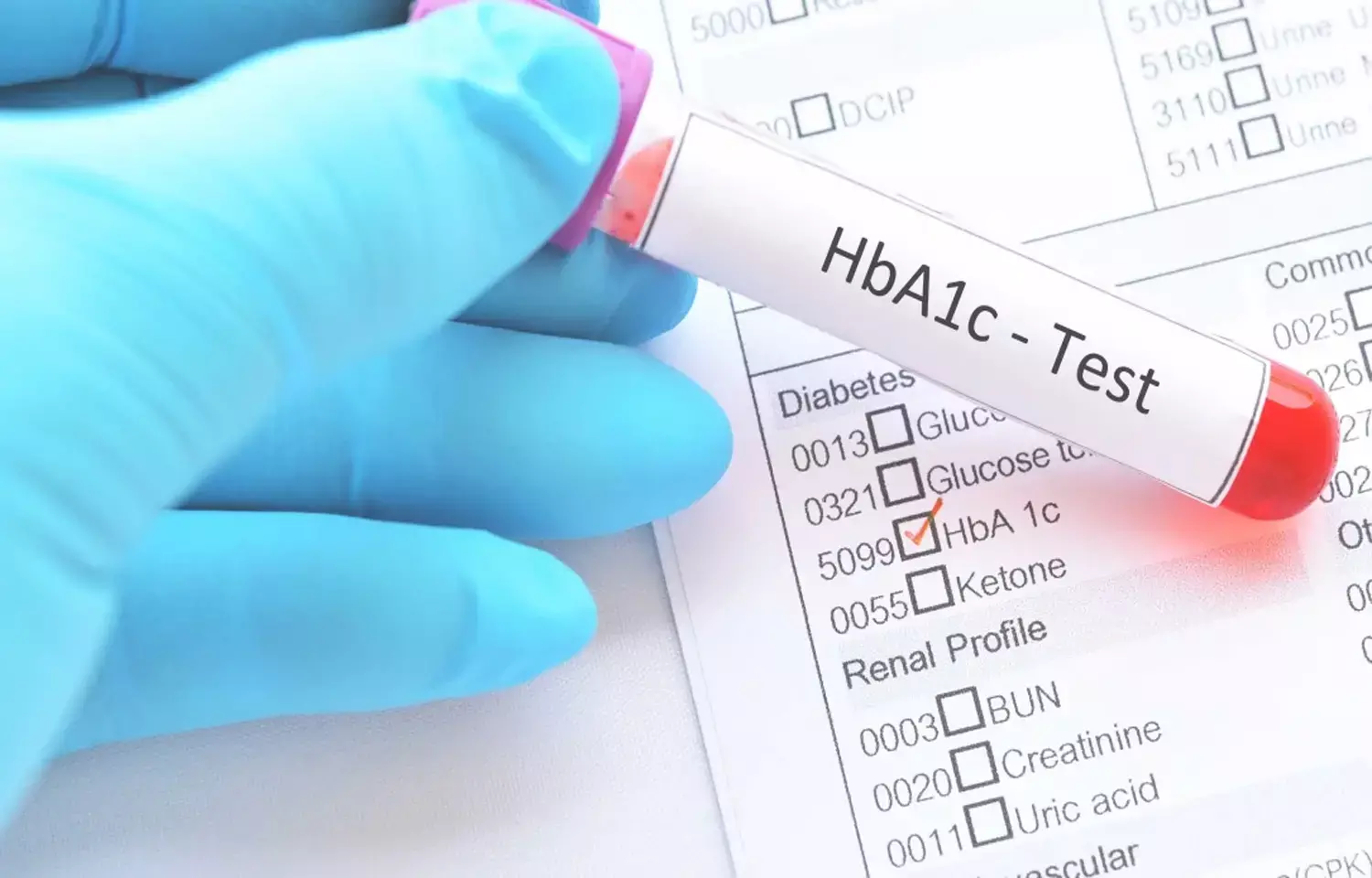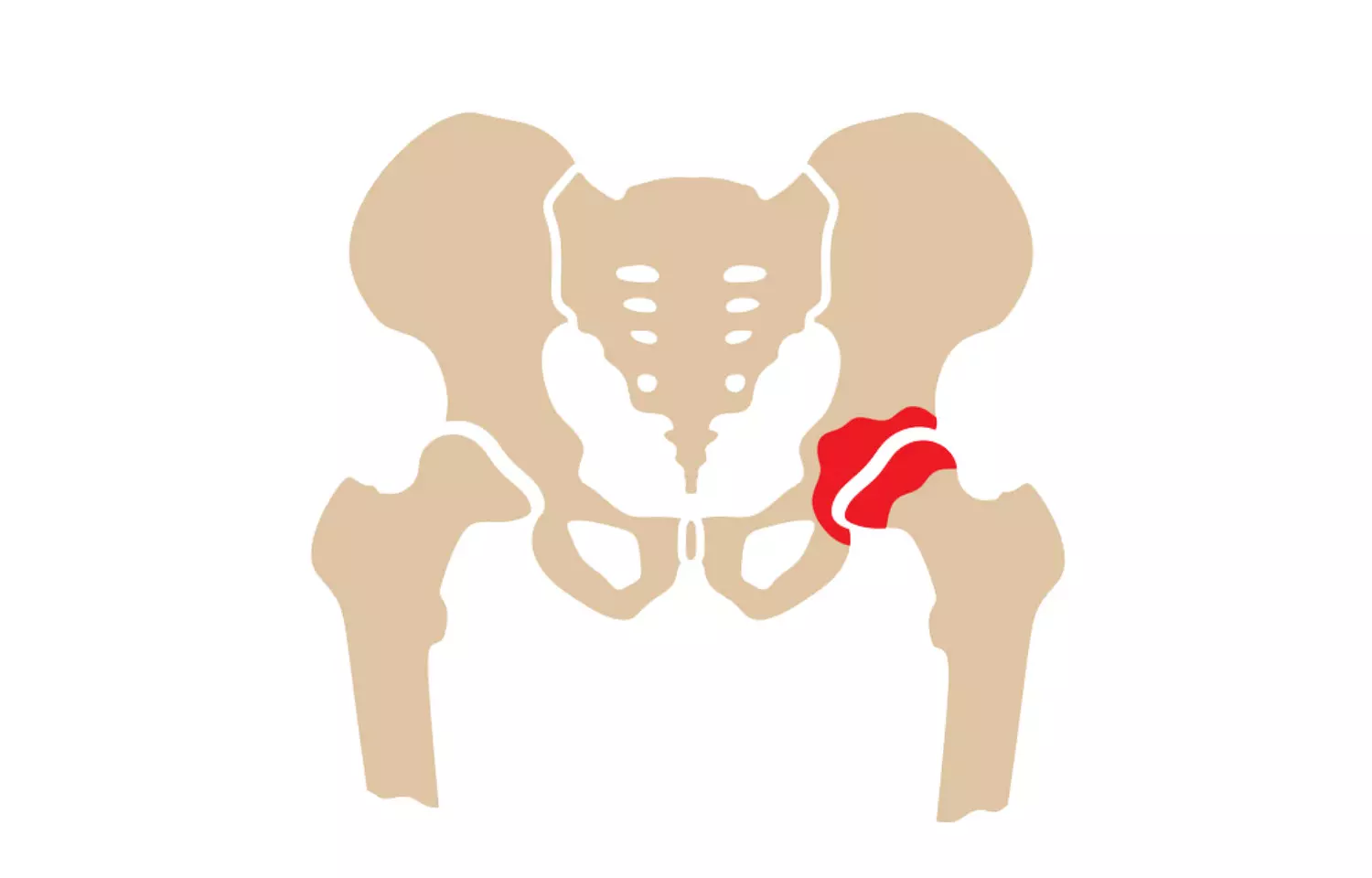- Home
- Medical news & Guidelines
- Anesthesiology
- Cardiology and CTVS
- Critical Care
- Dentistry
- Dermatology
- Diabetes and Endocrinology
- ENT
- Gastroenterology
- Medicine
- Nephrology
- Neurology
- Obstretics-Gynaecology
- Oncology
- Ophthalmology
- Orthopaedics
- Pediatrics-Neonatology
- Psychiatry
- Pulmonology
- Radiology
- Surgery
- Urology
- Laboratory Medicine
- Diet
- Nursing
- Paramedical
- Physiotherapy
- Health news
- Fact Check
- Bone Health Fact Check
- Brain Health Fact Check
- Cancer Related Fact Check
- Child Care Fact Check
- Dental and oral health fact check
- Diabetes and metabolic health fact check
- Diet and Nutrition Fact Check
- Eye and ENT Care Fact Check
- Fitness fact check
- Gut health fact check
- Heart health fact check
- Kidney health fact check
- Medical education fact check
- Men's health fact check
- Respiratory fact check
- Skin and hair care fact check
- Vaccine and Immunization fact check
- Women's health fact check
- AYUSH
- State News
- Andaman and Nicobar Islands
- Andhra Pradesh
- Arunachal Pradesh
- Assam
- Bihar
- Chandigarh
- Chattisgarh
- Dadra and Nagar Haveli
- Daman and Diu
- Delhi
- Goa
- Gujarat
- Haryana
- Himachal Pradesh
- Jammu & Kashmir
- Jharkhand
- Karnataka
- Kerala
- Ladakh
- Lakshadweep
- Madhya Pradesh
- Maharashtra
- Manipur
- Meghalaya
- Mizoram
- Nagaland
- Odisha
- Puducherry
- Punjab
- Rajasthan
- Sikkim
- Tamil Nadu
- Telangana
- Tripura
- Uttar Pradesh
- Uttrakhand
- West Bengal
- Medical Education
- Industry
HbA1c screening can speed up diagnosis of diabetes among adults between 40 and 70 years

A new population-based study found that HbA1c screening in adults aged 40-70 years reduced the time to diabetes diagnosis by a median of 2.2 years when compared with routine clinical care.
The study results were published in the journal Diabetologia.
Undiagnosed diabetes can be detected by screening programs much earlier than symptomatic or incidental diagnosis. But the improvement in time to diagnosis achieved by screening programs compared with routine clinical care is uncertain. Hence researchers conducted a study to estimate the reduction in time to diabetes diagnosis achieved by HbA1c-based screening in middle-aged adults.
Using the UK Biobank population-based study, participants aged 40-70 years were taken into the study by measuring the HbA1c at enrolment. Primary and secondary healthcare data were linked and those with a pre-existing diabetes diagnosis were identified. Among the remaining participants without a diabetes diagnosis, an elevated enrolment HbA1c level was used (≥48 mmol/mol [≥6.5%]) to identify those with undiagnosed diabetes. Kaplan-Meier analysis was used to assess the time between enrolment HbA1c measurement and subsequent clinical diabetes diagnosis up to 10 years, and Cox regression was used to identify clinical factors associated with a delayed diabetes diagnosis.
Results:
- In total, 1.0% of participants without a diabetes diagnosis had undiagnosed diabetes based on calibrated HbA1c levels at UK Biobank enrolment, with a median HbA1c level of 51.3 mmol/mol (IQR 49.1-57.2) (6.8% [6.6-7.4]).
- These participants represented an additional 13.0% of diabetes cases in the study population relative to the 13,077 participants with a diabetes diagnosis.
- The median time to clinical diagnosis for those with undiagnosed diabetes was 2.2 years, with a median HbA1c at a clinical diagnosis of 58.2 mmol/mol (IQR 51.0-80.0) (7.5% [6.8-9.5]).
- Female participants with lower HbA1c and BMI measurements at enrolment experienced the longest delay to clinical diagnosis.
When compared to standard clinical care, this is the first population-based study on adults between the ages of 40 and 70 that demonstrated HbA1c screening can speed up the diagnosis of diabetes by a median of 2.2 years. The findings support the use of HbA1c screening to cut down on the amount of time people live with diabetes without being diagnosed.
Further reading: Young KG, McGovern AP, Barroso I, et al. The impact of population-level HbA1c screening on reducing diabetes diagnostic delay in middle-aged adults: a UK Biobank analysis [published online ahead of print, 2022 Nov 22]. Diabetologia. 2022;10.1007/s00125-022-05824-0. doi:10.1007/s00125-022-05824-0
BDS, MDS
Dr.Niharika Harsha B (BDS,MDS) completed her BDS from Govt Dental College, Hyderabad and MDS from Dr.NTR University of health sciences(Now Kaloji Rao University). She has 4 years of private dental practice and worked for 2 years as Consultant Oral Radiologist at a Dental Imaging Centre in Hyderabad. She worked as Research Assistant and scientific writer in the development of Oral Anti cancer screening device with her seniors. She has a deep intriguing wish in writing highly engaging, captivating and informative medical content for a wider audience. She can be contacted at editorial@medicaldialogues.in.
Dr Kamal Kant Kohli-MBBS, DTCD- a chest specialist with more than 30 years of practice and a flair for writing clinical articles, Dr Kamal Kant Kohli joined Medical Dialogues as a Chief Editor of Medical News. Besides writing articles, as an editor, he proofreads and verifies all the medical content published on Medical Dialogues including those coming from journals, studies,medical conferences,guidelines etc. Email: drkohli@medicaldialogues.in. Contact no. 011-43720751




